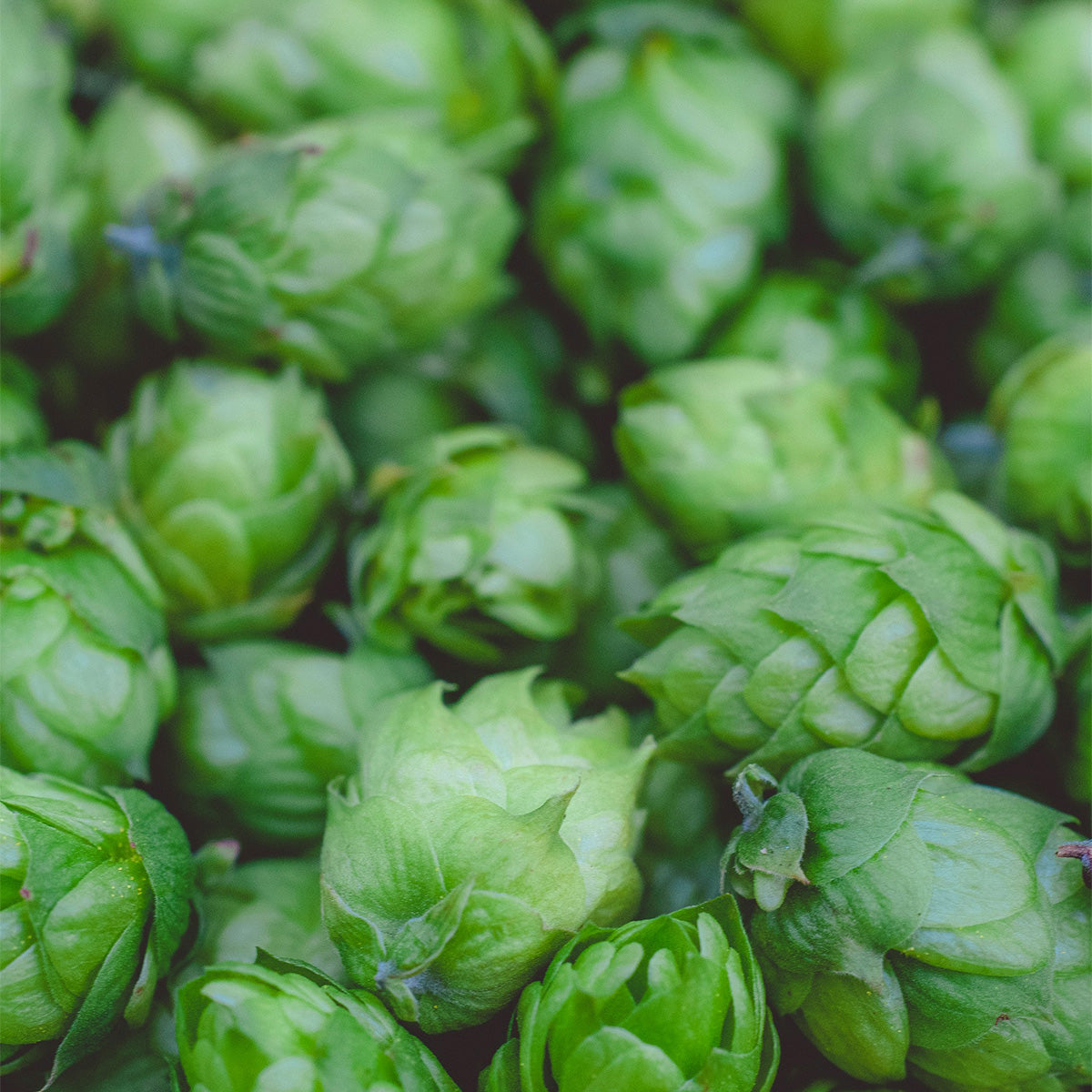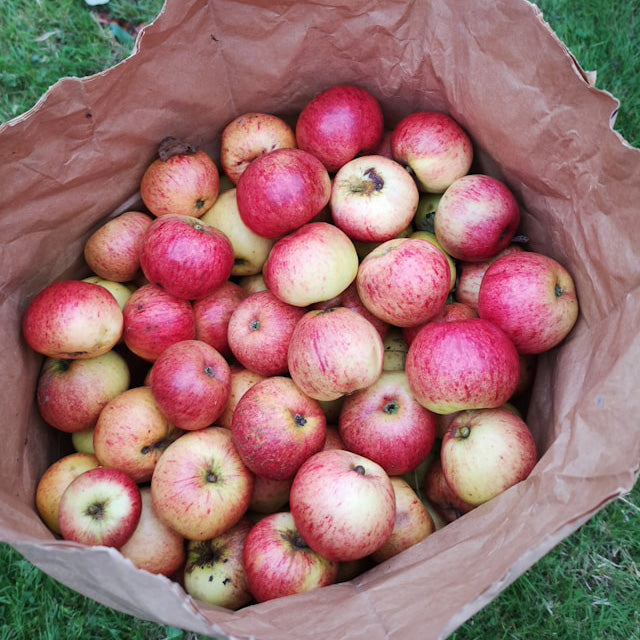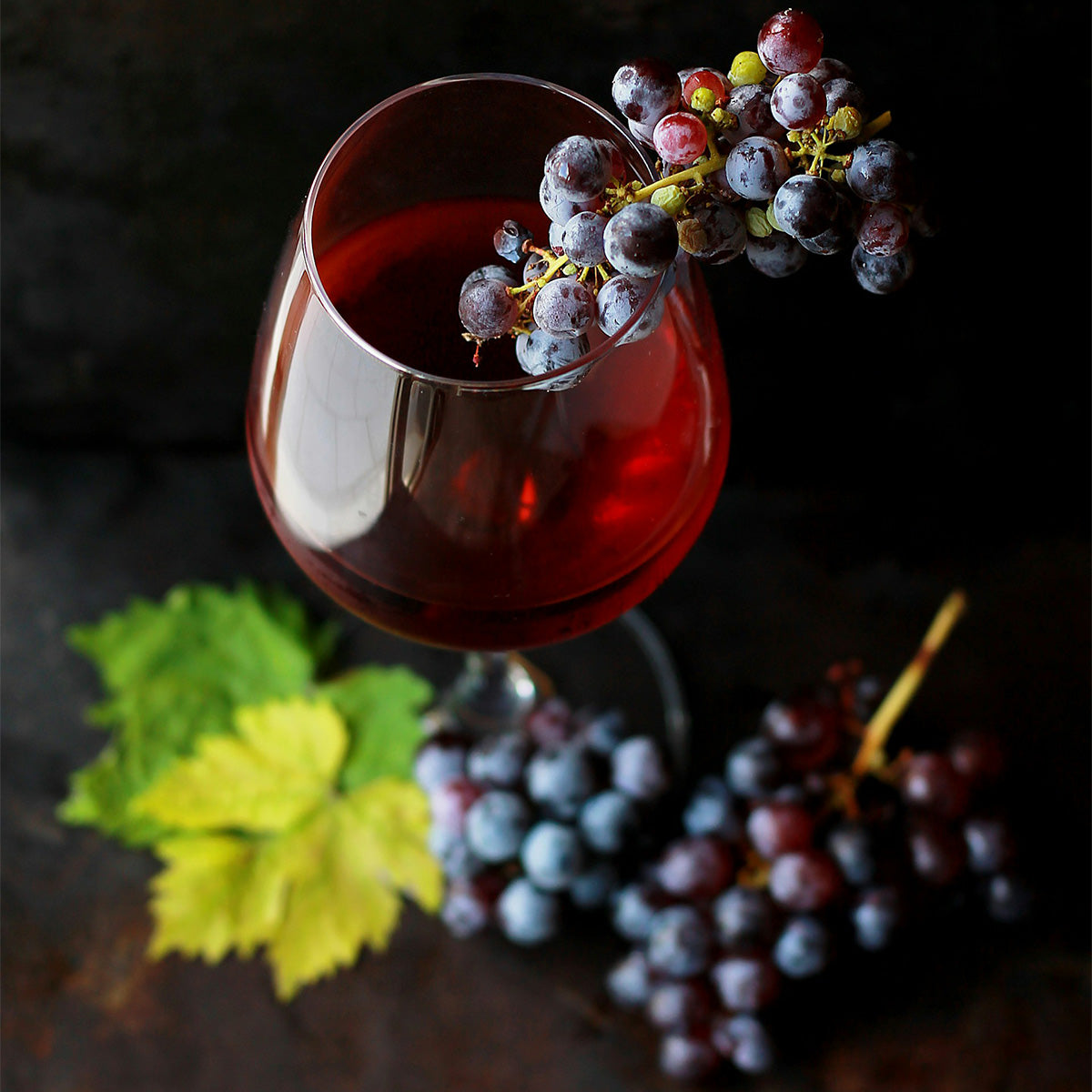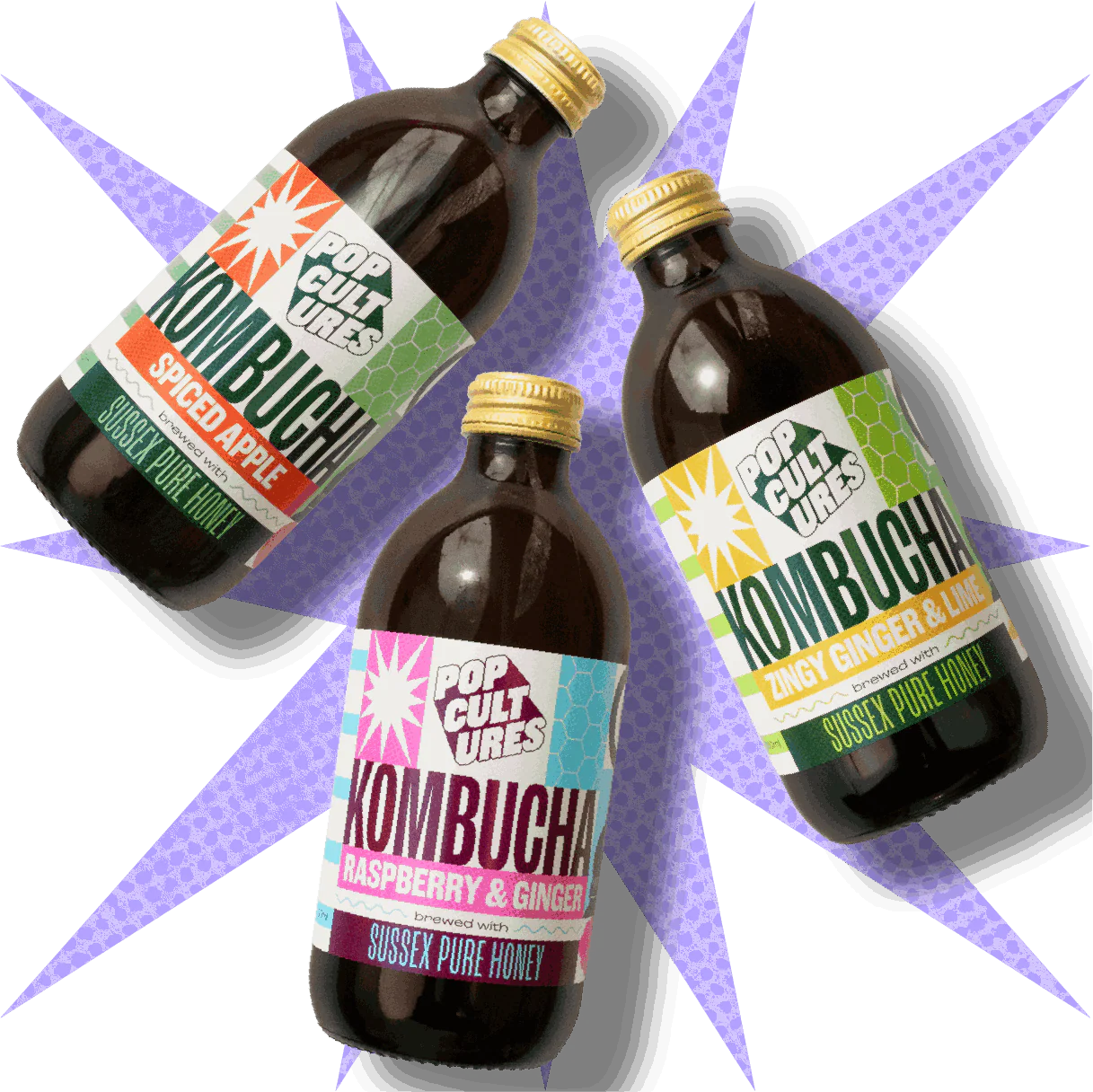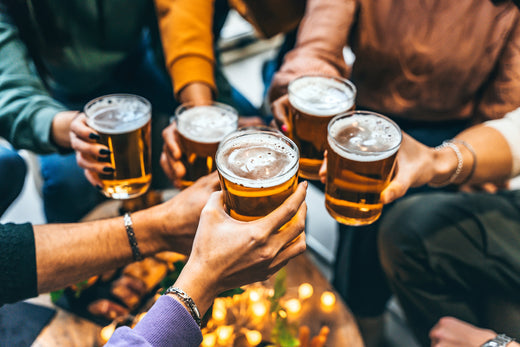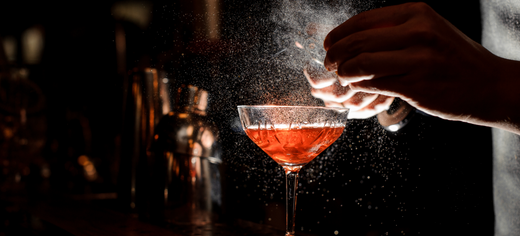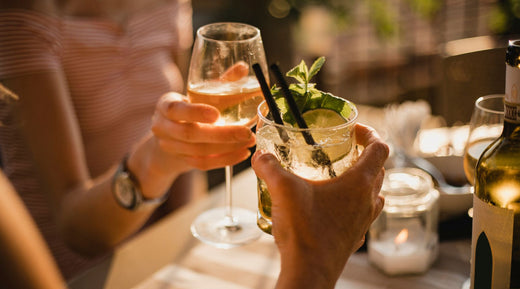In recent years, non-alcoholic beer has gained popularity among those seeking the taste of beer without the effects of alcohol. For Muslims, who follow the dietary laws of Islam, the question arises: Is non-alcoholic beer halal (permissible)? The answer is not straightforward and depends on several factors, including the amount of alcohol present, how the beverage is produced, and differing opinions among Islamic scholars. In this blog post, we will explore these aspects and offer a well-rounded view of whether non-alcoholic beer is considered halal.
Understanding What Makes Alcohol Haram
It's essential to understand why alcohol is haram (forbidden) in Islam. The Quran clearly prohibits intoxicants, labeling them as harmful and impure. In Surah Al-Ma'idah (5:90), it says:
"O you who have believed, indeed, intoxicants, gambling, [sacrificing on] stone alters [to other than Allah], and divining arrows are but defilement from the work of Satan, so avoid it that you may be successful."
The key reason alcohol is prohibited is due to its intoxicating effects, which impair judgment and self-control. Therefore, anything that causes intoxication is not permissible in Islam.
What is Non Alcoholic Beer?
Non-alcoholic beer is brewed similarly to regular beer, but it undergoes a process that reduces or removes the alcohol content. The majority of non-alcoholic beers contain a small percentage of alcohol, typically less than 0.5% ABV. This minimal amount is comparable to what is naturally found in some fermented foods, like soy sauce, bread, or even ripe fruit.
The primary question for Muslims is whether this trace amount of alcohol still renders the beverage haram or if it can be considered halal, given that it is non-intoxicating.
Islamic Views on Non-Alcoholic Beer
1. The Trace Alcohol Argument
Many Islamic scholars argue that substances containing small, non-intoxicating amounts of alcohol, such as non-alcoholic beer, may be permissible (halal). They emphasise that since the amount of alcohol in these beverages is too low to cause intoxication, they do not fall under the same category as regular beer.
This view is often supported by the concept of "Umum al-Balwa", which allows for minor unavoidable impurities in daily life. Since a small amount of alcohol can be found in many everyday products like medicine, vinegar, or even bread, some scholars suggest that such minimal traces are permissible as long as they do not lead to intoxication.
2. Avoidance of Doubt (Ihtiyat)
However, there are other scholars and schools of thought that take a more conservative approach. They argue that even the smallest amount of alcohol, whether it causes intoxication or not, should be avoided to steer clear of any gray areas. This principle, known as "Ihtiyat" (precaution), encourages Muslims to avoid substances where there is any doubt about their permissibility.
Moreover, non-alcoholic beer might still retain the visual appearance and associations of regular beer, which can lead to confusion or even imitation of sinful behavior. In Hadith, the Prophet Muhammad (PBUH) advised believers to avoid things that create suspicion:
"Leave that which makes you doubt for that which does not make you doubt."
(Sunan al-Tirmidhi 2518)
3. The Role of Intention (Niyyah)
Another important factor is Niyyah (intention). For those who consume non-alcoholic beer with the intention of avoiding intoxication and simply enjoying the flavour, some scholars argue this intention matters. As long as the drink is not consumed for the purpose of intoxication or mimicking prohibited actions, it could be viewed as permissible.
However, intention alone may not be enough for more stringent scholars, who would still urge caution and avoidance.
Halal Certified Drinks

Here are a few alcohol free options that are Halal certified:
Conclusion
The question of whether non-alcoholic beer is halal is not one that has a single answer. Different Islamic scholars and schools of thought have differing views on the matter. Here is a summary:
-
Permissible (Halal): Some scholars argue that non-alcoholic beer is halal as long as it contains a negligible amount of alcohol that is non-intoxicating. They liken it to other products with trace alcohol, which are widely accepted in the Muslim community.
-
Cautionary (Avoidable): On the other hand, more conservative scholars suggest avoiding non-alcoholic beer entirely. They stress that, despite the low alcohol content, the beverage still resembles something that is haram, and it's better to avoid any potential doubts.
For Muslims who are unsure, the best course of action is to consult with local religious scholars or follow the practices of their specific school of thought. Ultimately, the decision lies in an individual's conscience and their desire to uphold Islamic principles.

